- Overview
- Flares & Triggers
- Causes & Risks
- Types
- Locations on the Body
- Tests & Diagnosis
- Treatment
- Living With
- Complications
- Appointment Prep
- View Full Guide
Psoriasis Treatment

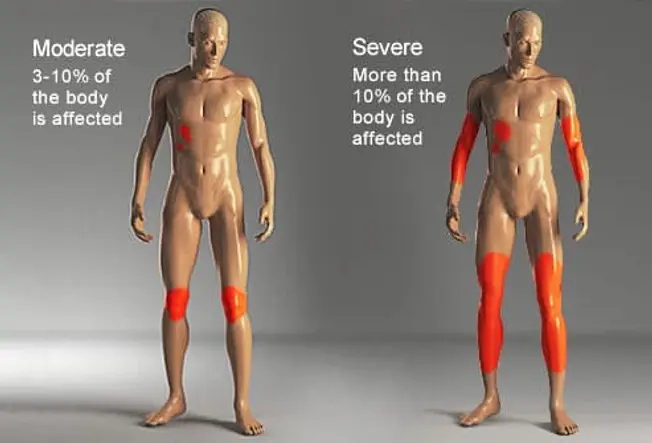
What's Right for You?
The type and number of treatments you need depends on how bad your psoriasis is. That's determined by how much of your body it covers.
Mild = less than 3%
Moderate = 3% to 10%
Severe = more than 10%
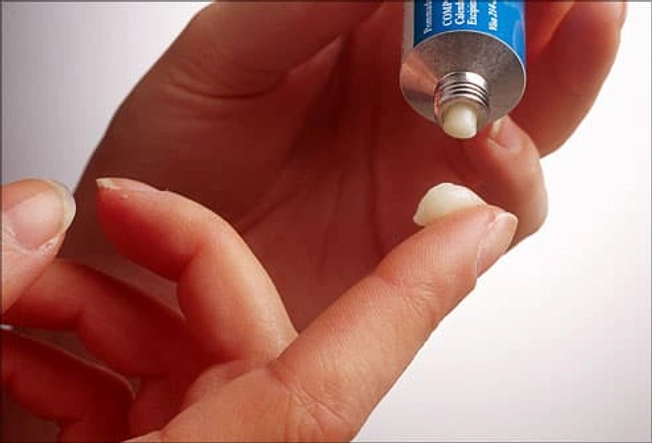
Ointments and Creams
Medicines you rub on your skin, called topicals, are usually the first treatment for mild psoriasis. Petroleum jelly or thick creams can help when you use them after a bath or shower. But your doctor may also prescribe stronger products made with ingredients that reduce swelling and slow the growth of skin cells.
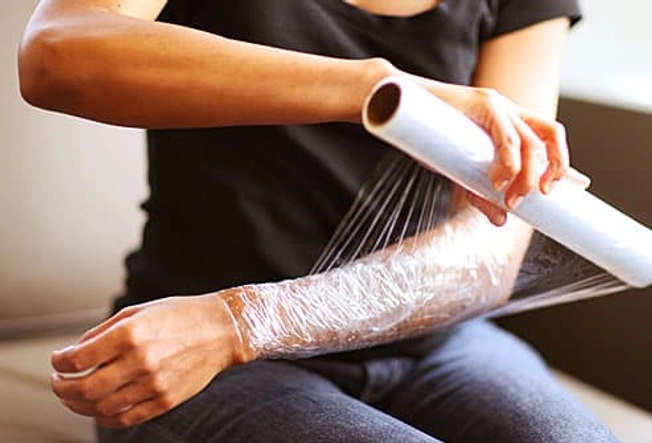
Covering Up Topical Meds
Don't try this unless your doctor tells you to. It's called occlusion, and sometimes it can make treatments that go on your skin work better. But your medicine may be too strong to cover, or the method could make side effects worse. If your doctor says OK: After you put the product on your skin, cover the area with plastic wrap, waterproof dressing, nylon fabric, or cotton socks.
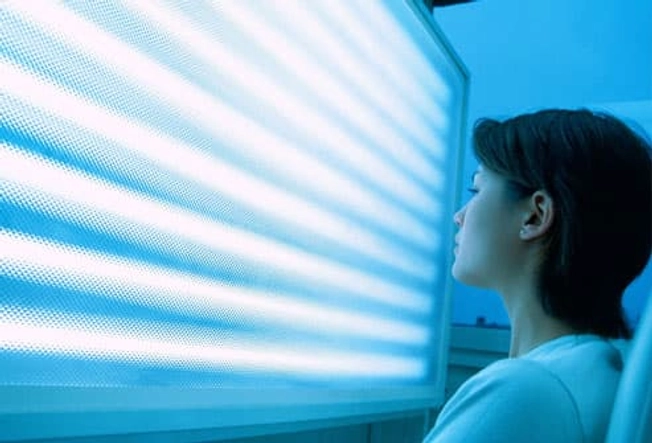
Light Therapy (Phototherapy)
Shining ultraviolet rays onto your psoriasis can stop skin cells from growing too fast. But don't sunbathe or hop in a tanning bed. That might make your symptoms worse. A doctor will tell you the type and amount you need. This treatment is usually painless. It's done using a laser or light box. You may take medication with it. Just as with getting sun, though, it could raise your risk of skin cancer.
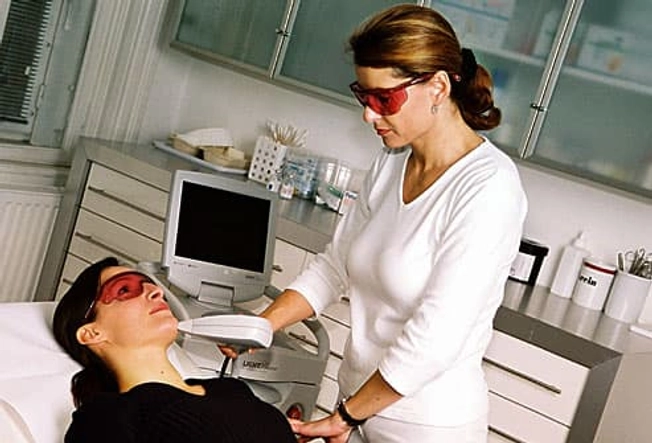
Laser Therapy
In this treatment, a doctor targets psoriasis with a concentrated beam of light. Healthy skin around the area isn't harmed or exposed to as many UV rays as with other types. The plaques thin after a series of sessions over 4 to 5 weeks. Your symptoms might go away for a while. The process is painless for most people, though some say they get mild redness and blisters.
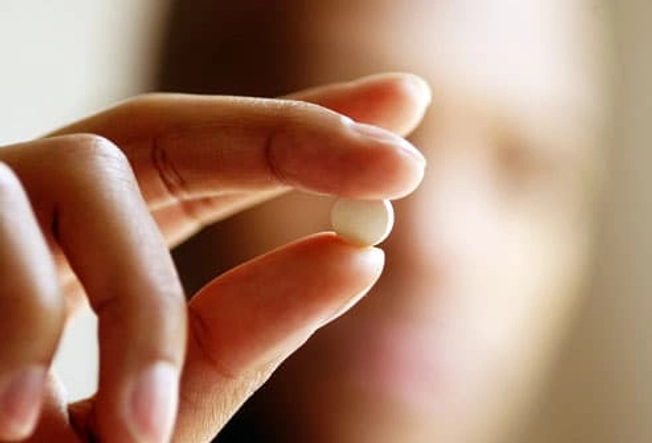
Pills and Liquids
If skin treatments don't work, your doctor may prescribe pills or liquids. You usually take these meds by mouth, but some come as a shot. They can help clear up your skin and prevent flares if you have moderate or severe psoriasis. These include acitretin (Soriatane), apremilast (Otezla), cyclosporine (Apo-Cyclosporine, Gengraf, Neoral, Sandimmune), deucravacitinib (Sotyktu) methotrexate (Rheumatrex), and tofacitinib (Xeljanz).
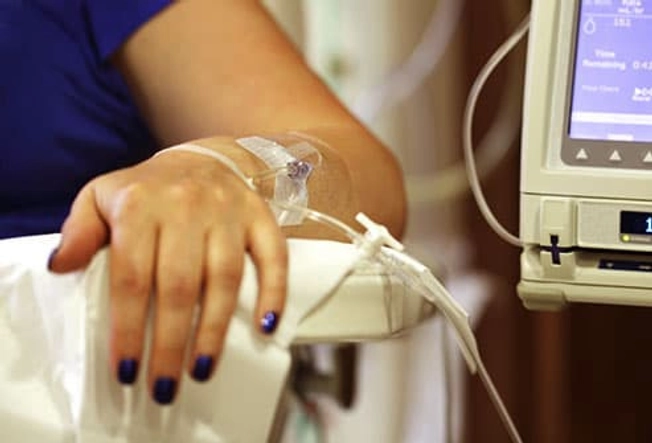
Shots and IV Treatments
Biologics, drugs made from living cells, block specific parts of the immune system that seem to help fuel the disease. These drugs are given with a needle. Biologics available include abatacept (Orencia), adalimumab (Humira), adalimumab-adbm (Cyltezo), brodalumab (Siliq), certolizumab pegol (Cimzia), etanercept (Enbrel), golimumab (Simponi), guselkumab (Tremfya), infliximab (Remicade), infliximab-abda (Renflexis), infliximab-dyyb (Inflectra), ixekizumab (Taltz), risankizumab (Skyrizi), secukinumab (Cosentyx), tildrakizumab (Ilumya), and ustekinumab (Stelara).
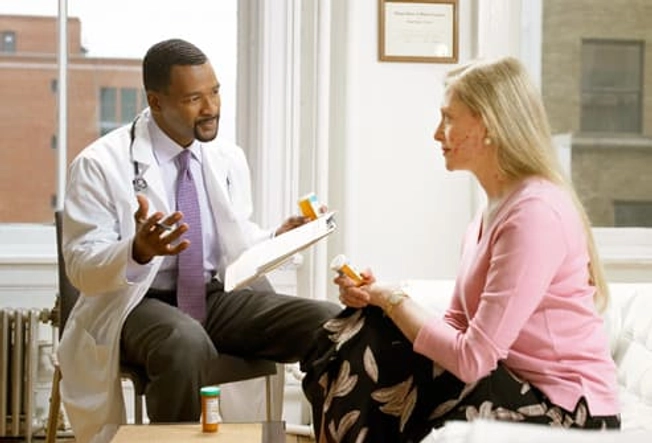
Medication Side Effects
Drugs used to treat psoriasis might make you feel better in just a few weeks. But check in with your doctor if you have concerns once you start taking them. These medicines can cause serious side effects, like liver and kidney problems, infections, and certain cancers.

Treatment and Pregnancy
Are you pregnant, nursing, or planning to have a baby? Ask your doctor which treatments are safe. Drugs you take by mouth, biologics, and even some topicals could cause birth defects or pass into breast milk. Some UV therapy may be OK for moms-to-be. If your doctor says you can get it, wear sunscreen to avoid brown spots called melasma that often affect women during pregnancy.
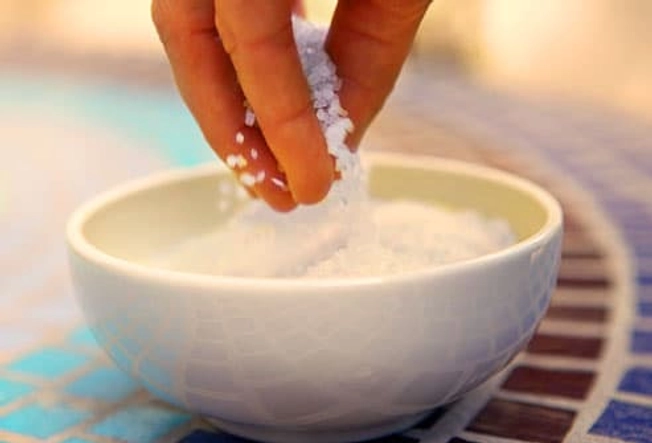
Water Therapy
This can give you relief without a prescription. Add Epsom salts, Dead Sea salts, oil, or oatmeal to your bath. A 15-minute soak may soothe itchy skin and remove scales. Use a moisturizer afterward. Swimming in saltwater takes off dead skin, so it may help, too. So could a dip in a regular pool. Wash off the chlorine when you get out. It can bother your skin.

Ease Stress
Too much tension can trigger flares, so find ways to let it go. You might get some relief by talking to other people who have the disease. Ask your doctor if they know of a local support group. Or visit an online community like TalkPsoriasis.org. Also, take a walk or get some other kind of exercise. It'll boost the level of "feel-good" chemicals in your body.
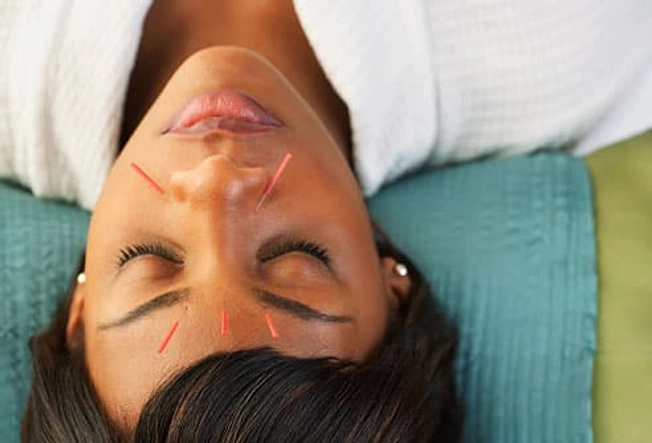
Complementary Treatments
Some people say complementary and alternative medicine (CAM) helps them feel better. These treatments include special diets, Chinese herbs, yoga, and meditation. But there hasn't been a lot of research into how well they work for psoriasis. Check with your doctor before you try one. Yoga and meditation are likely safe, but herbs and supplements could mess with your medications.